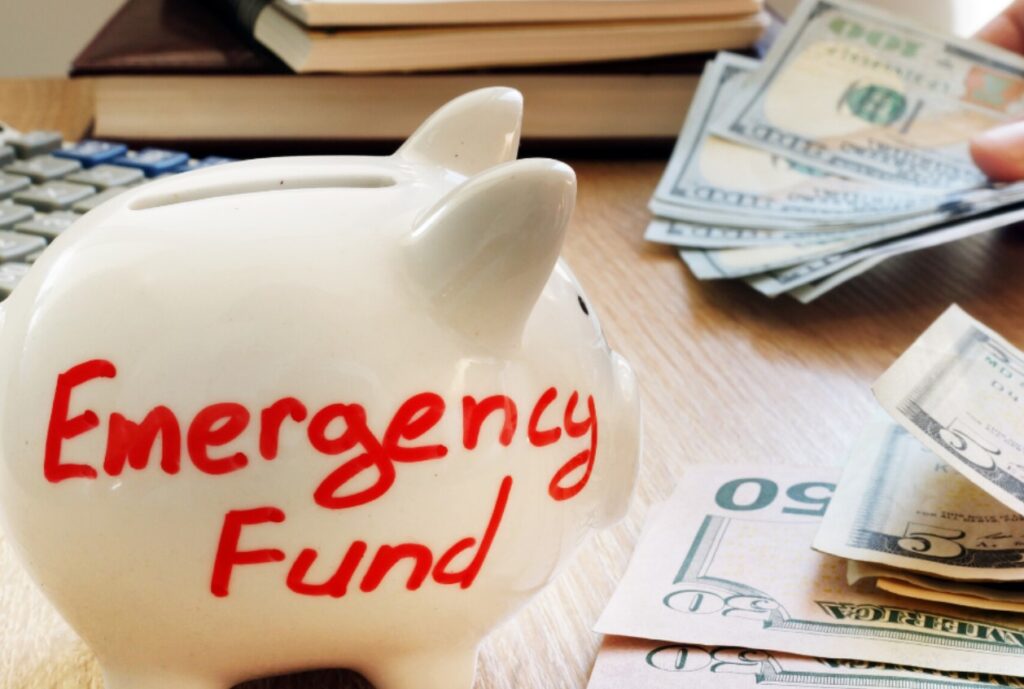
Borrowing money is something that pretty much everyone does at least once in their lives. The fact is, we all need more than we earn, and for larger projects, we need a bigger sum fast. When you choose to borrow money from a lender, it means that you are aware of the risks and the fine print written in the agreement you sign. Unfortunately, we rarely are aware of the risks that come with borrowing funds, and most of us end up being in debt and not being able to pay the rates. In this article, we are going to give you some tips on how to avoid falling into a debt trap, and how to make the right moves that will keep you financially stable. Continue reading if you want to learn more about lenders, borrowing, debts, and what you need to do to never fall into the debt trap.
Plan before you borrow funds

The best way to avoid the debt trap is to plan ahead. This means that you need to know what you want to gain out of the process, and which things you would be okay with before contacting a lender. Do your research, see which are the best options for your current situation, and how much money will help you achieve your goal.
There are a lot of different types of mortgages and you can borrow money with different conditions and agreements. Start by making a list of your priorities, and then explore all the banks and lenders in your location. Have meetings with them and see what they are willing to offer.
Always have an emergency fund

Another way to avoid problems is to have an emergency fund. Even though this is easier said than done, you should never empty your whole bank account and you should never leave yourself to survive just on your monthly wage.
The emergency fund can help you cover your remittances even if something happens, and it will help you in unplanned situations. In addition to this, it will be a safety net for you in case you face any problems and if you need monetary help without having to borrow extra funds.
Professional services can help you out a lot

When it comes to finances, unless you’ve been professionally trained, chances are, you don’t know as much as you need. So, if you don’t want to fall into the debt trap, you should consider collaborating with a professional service.
As you can see, if you check this, the right service for you can help you out determine what a good deal is and what is a scam, and they can help you find the best way forward in your current situation.
In addition to this, professionals can guide you when it comes to interest rates, bankruptcy, and debt settlement.
Consider settling

One thing that not many people are aware of is the option to settle your debt. This means that some of the funds you owe will be forgiven, and you may be able to close your account without paying back all the money you have borrowed.
Just like every other process, settling has its positive and negative sides, and it may or may not be the right move for you. So, you should talk to the bank manager or a professional negotiator to see if you can make this work for you and if it is the right step for your account.
Pay your rates on time

This should go without saying, but sometimes we forget that we need to pay our rates on time and that we need to do this every month. Most lenders will allow you to miss a payment or two, and when you need some extra funds, you may even consider this option.
However, missing your remittances is the worst thing you can do, and you should always pay your bills on time. If you let it happen once without any consequences, you are going to do it again. In time, you will miss too many payments and you will end up paying penalties. So, try to forget about this option, and be on time every month.
Plan your budget

Planning is a must, and you need to start prioritizing. If you were used to shopping sprees or lux vacations before you borrowed money, now is the time to take a step back and focus on ending your mortgage before you go back to things you enjoy but don’t necessarily need.
The best thing you can do for yourself is to plan your monthly budget in advance, starting by putting the sum that you have for the month and subtracting things including your bills, rent, and of course, your monthly remittances. These things may seem difficult, but once you get the habit of doing them, you may even be able to put money aside for emergencies.
Understand the interest

Not understanding the interest rates is going to be your biggest enemy when it comes to finances and borrowing money, so make sure you know what you are getting into, how much you need to pay off, and how the interest will affect the final sum that you will need to pay off.
You can do this on your own by researching your specific plan, lender, and the amount you want to borrow. If you are not sure you can do it alone, you can collaborate with a professional, get a monetary advisor, and ask them to help you understand the process and the risks.
These are some of the things that can help you avoid the debt trap and pay off your mortgage without risking bankruptcy. In today’s world, you don’t have to do anything alone, and there are a lot of services at your disposal. No matter if you don’t know which is the right option for you; what you can do to avoid penalties, or if you need any help with the settlement negotiations, there are many professionals that can help you out. Don’t risk losing money when you can close your account without paying additional fees or dealing with a lot more stress.
















